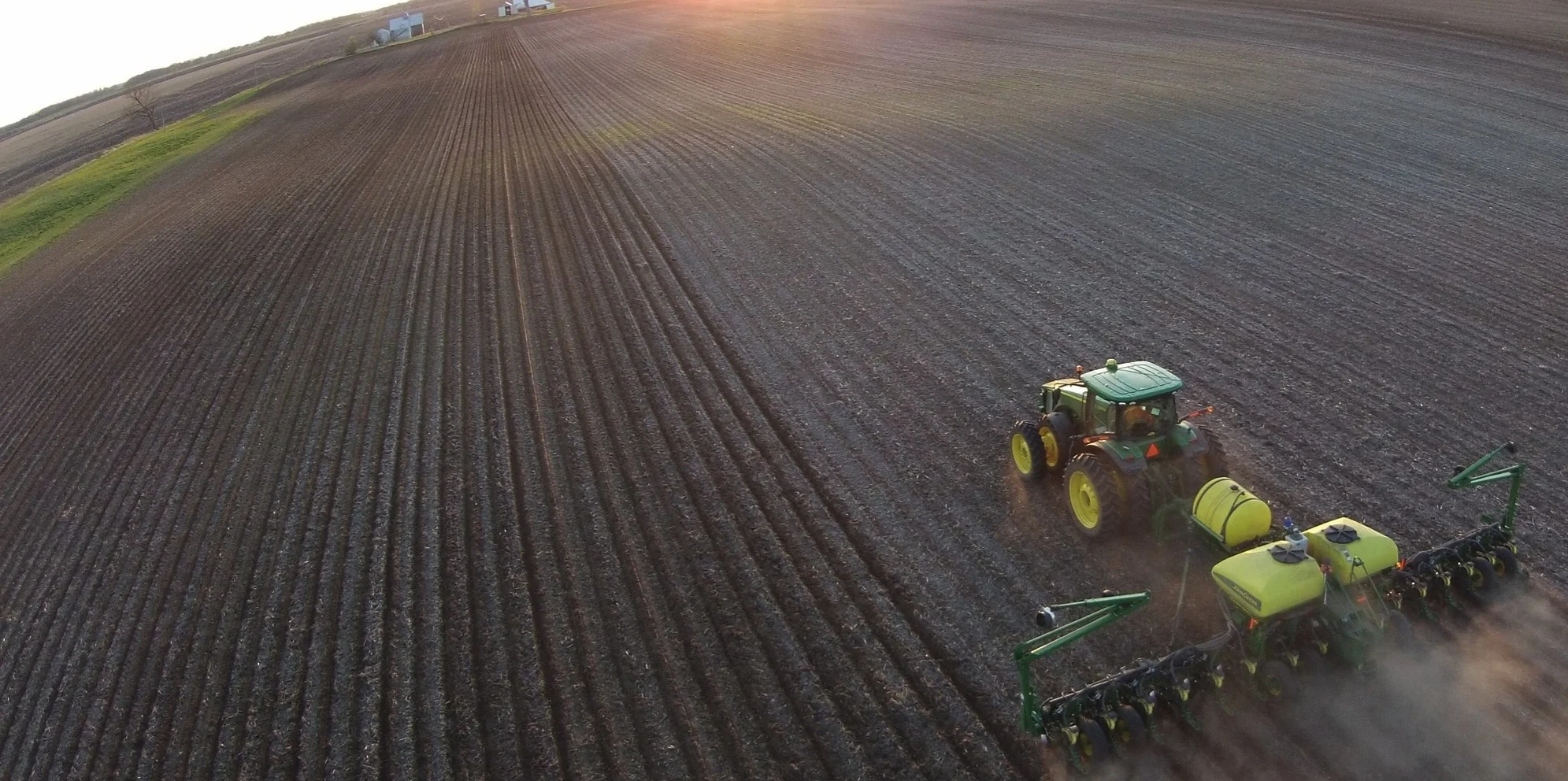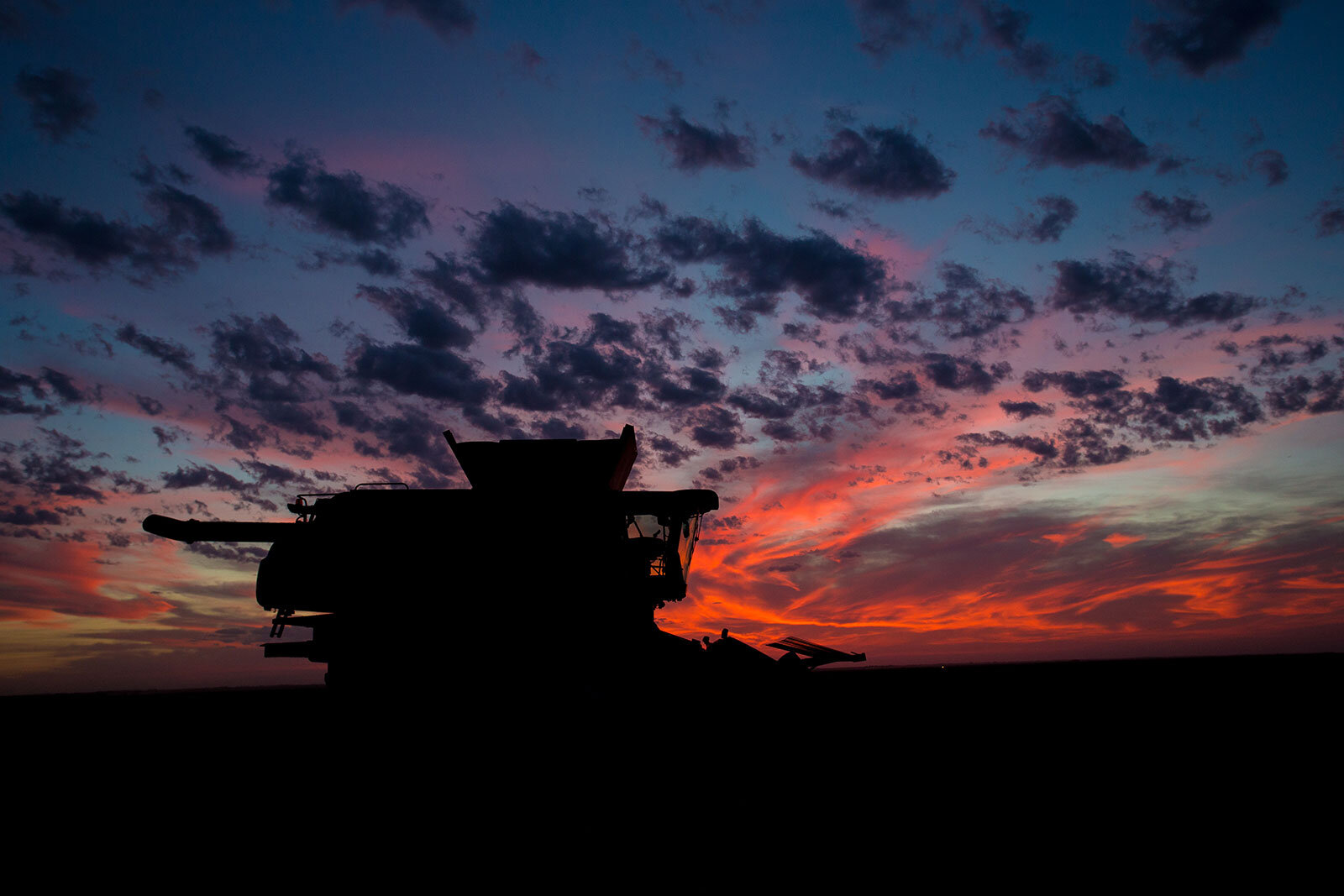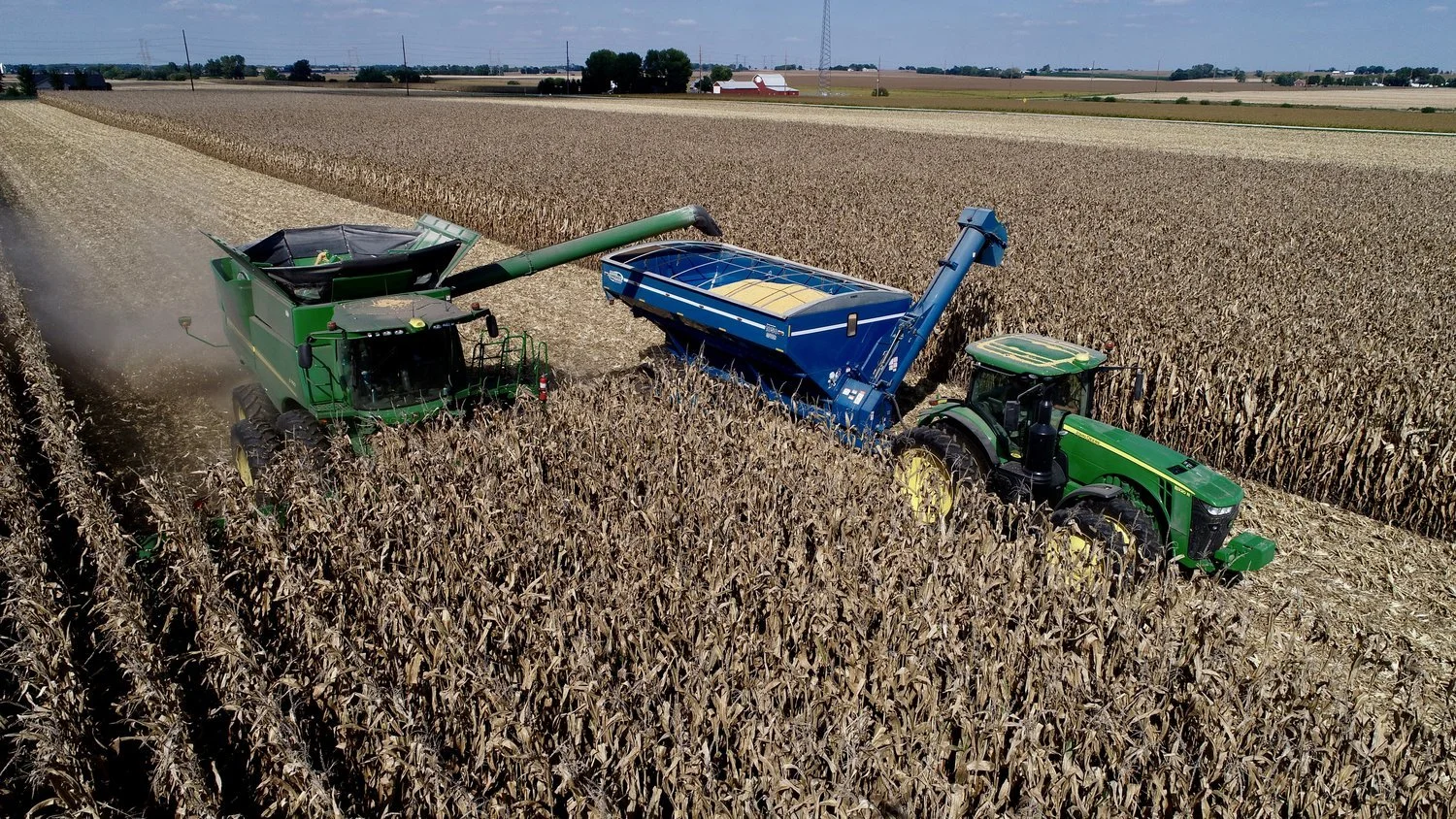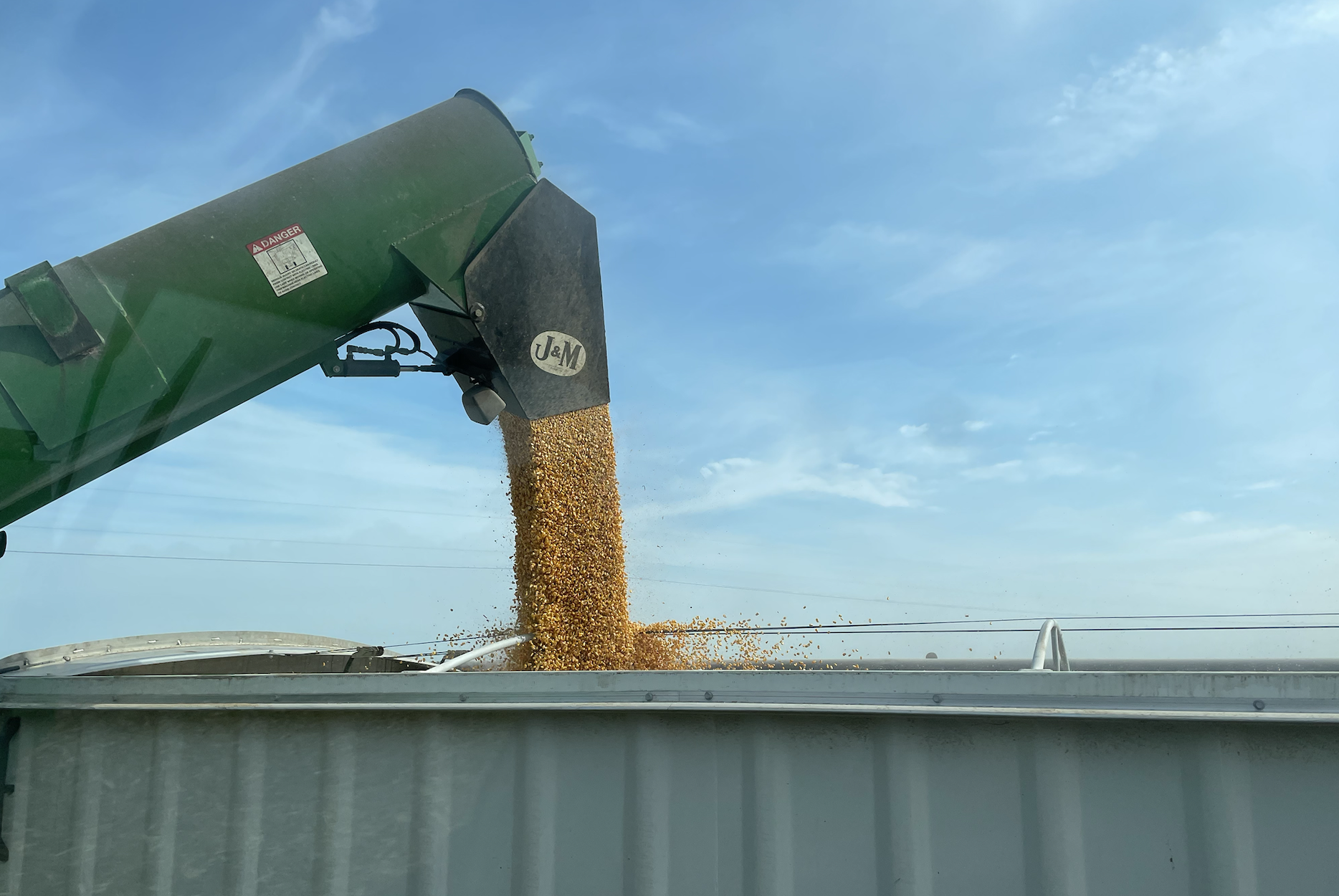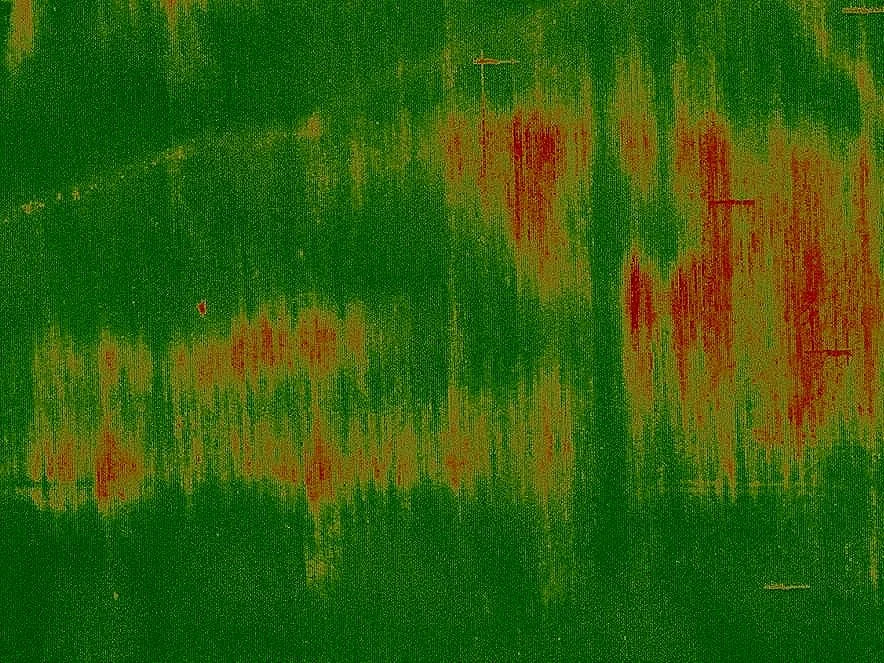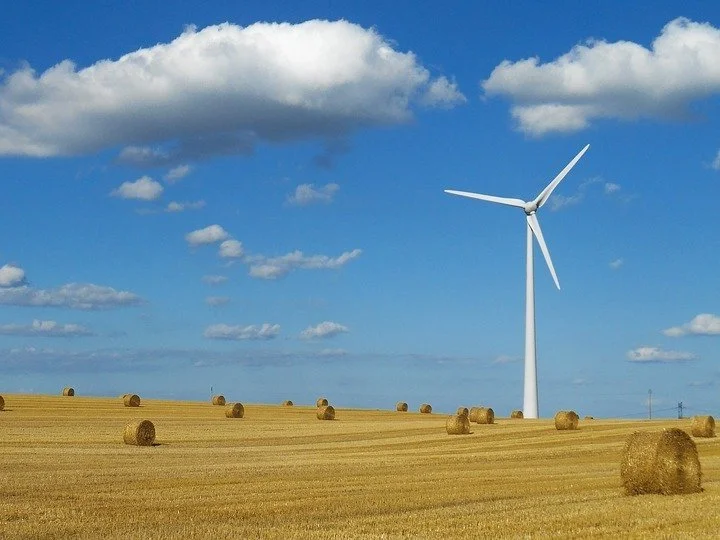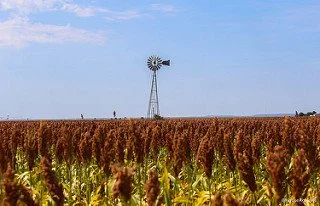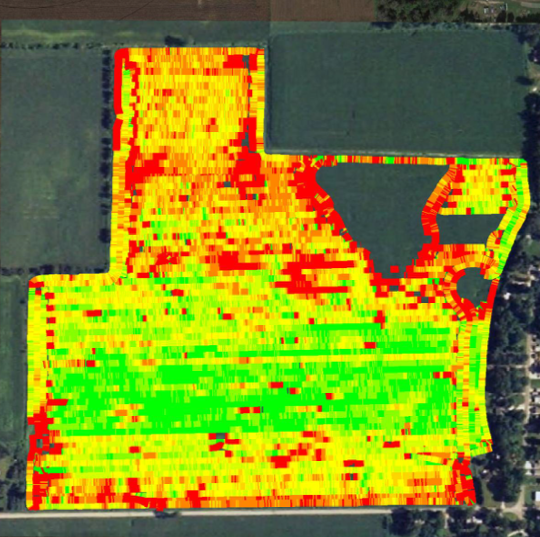2020: The Year in Reverse
/Each year at this time I like to reflect on what the big events were over the last twelve months. Here are the news articles and stories getting the most interest on the Janzen Ag Tech Blog in 2020.
Covid-19. There is no summary of 2020 that does not include the Covid-19 pandemic. Our office, like many, was closed for much of the late spring and early summer as we shifted to working from home. As ag lawyers, I can confirm that Covid-19 ripped through the supply chain and created a lot of problems. Fortunately, many of those issues would resolve quickly, such as increasing the distribution of alcohol to grocery stores. Other disruptions may have longer-lasting effects, such as the shift to e-commerce platforms. We will have to wait and see. We hope that Covid-19 is a very small story in 2021.
2020
Green Energy’s Big 3: Solar, Wind, and Biogas. We saw a lot of activity on the alternative energy front. Numerous clients called for advice on converting farmland to solar farms under long-term leases. Likewise, wind farms continue to be popular in many areas with the right geography and weather patterns. Neighborhood opposition to wind farms (by those not benefitting financially) seems to be equally popular. Finally, in 2020 there were many developers looking for dairy and swine farms to construct anaerobic digesters and fill them with manure and other waste. I gave out seven questions to ask before signing a letter of intent to build a digester. I imagine that these topics will be even bigger in 2021.
Ag Data’s Look Back. It’s been five years since the Ag Data Transparent organization began reviewing data platforms for transparency. In October, I took a look back at how data has changed in five years on the ag data front. Farm Journal conducted a poll of farmers that showed acceptance of ag data platforms still has room for improvement. Earlier in the year, I spent some time to develop a hierarchy for the levels of “data transparency.” In February, data was the forefront of the news as farmers reacted to a press release announcing a data “partnership.” It was a good reminder that the fine print really does matter, even though we are used to clicking “I accept” without reading many online contracts.
Carbon Sequestration Takes Baby Steps. 2020 was the year when carbon sequestration programs entered the farming landscape. Farmers have the ability to sign up acreage, implement climate-friendly practices, and get paid. This trend is being driven by food processor’s desires to put carbon labels on their products and reassure consumers that they are doing everything they can to address climate change. More of these carbon sequestration programs are coming in 2021. With the change in administration at the White House, that prediction seems certain.
2020 was a year we will never forget. I hope you have safe and healthy holidays and I’ll see you in 2021.

